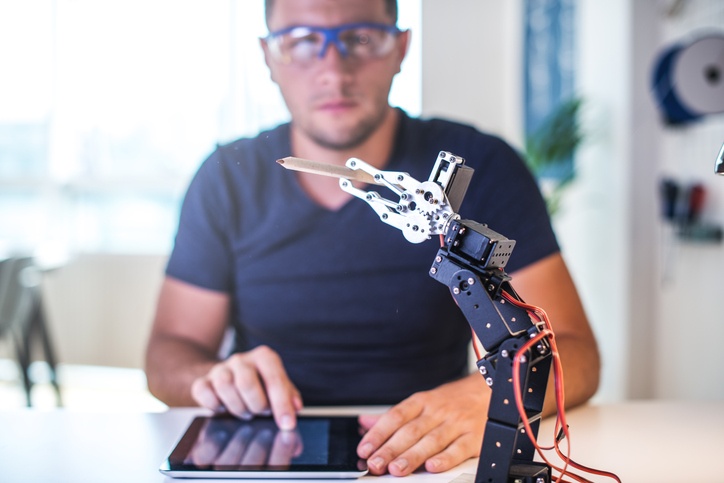3 Myths About the Workplace of the Future That Need to Die


We’re living in a time rife with unpredictability and rapid technological advancements. And with these changes come feelings of uncertainty. Despite numerous conference sessions, webinars, articles and other content hypothesizing about the future of work, it’s still mostly ambiguous.
As is usually the case when things are unclear, people have a tendency to exaggerate and unintentionally spread misinformation. There are plenty of misconceptions about the future of work, and it’s time to set the record straight.
 1. Robots are going to make human workers obsolete.
1. Robots are going to make human workers obsolete.
Now I can’t say for certain this will never happen but I strongly doubt it will happen this century. While automation is already edging into areas like product assembly and packaging, positions that require creativity and complex strategy are still far from being replaced by robots.
Moreover, while technology may replace some jobs, it also creates them. And when the more mundane and monotonous aspects of a role are automated, human workers can focus on more big-picture concepts. Who wouldn’t love a little more time in the workday?
2. Offices will cease to exist.
The workplace is changing quickly — and we’ve already seen the evidence. For example, ten years ago, few people knew the term “coworking space.” Then, last year, Small Business Labs predicted there will be more than 26,000 coworking spaces and 3.8 million members by 2020.
But while the workplace of the future will look different, offices aren’t going anywhere. They’re simply changing to resemble coworking environments, with more opportunity for mobility. Thanks to advancement in communication applications, collaboration tools and our ever-connected society, people don’t need to be in the same four walls for eight hours each day in order to accomplish their jobs.
3. Employees will no longer interact in person.
One of the best advantages of collaboration technology is it has globalized the workforce and widened the talent pool. Instead of only hiring employees within driving distance of your office, you can hire candidates across the world. The downside? You might work with a person for years without ever shaking their hand.
But while remote work means teams spend less time in the same room, they’re possibly interacting more than ever. Technology has streamlined communication and connected people in new and exciting ways. Now face-to-face chats can happen whether you and your team are sitting across a conference table or across the world.
Change can be scary, and the future of work will bring plenty of unexpected twists and turns. But while these advancements may not always be easy to adopt at first, the technology that’s emerging today will help make the unimaginable possible tomorrow — and that’s something to be excited about.
